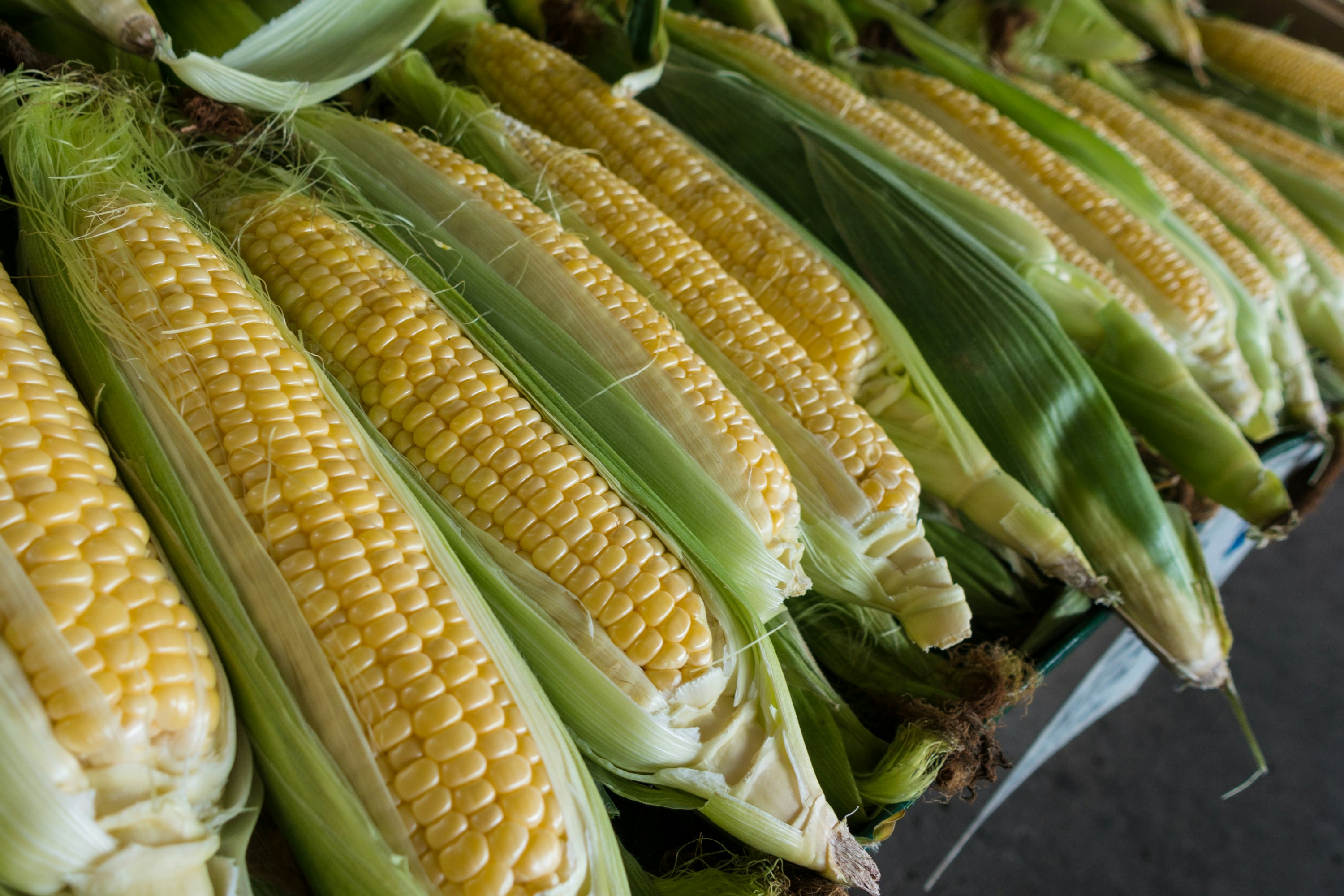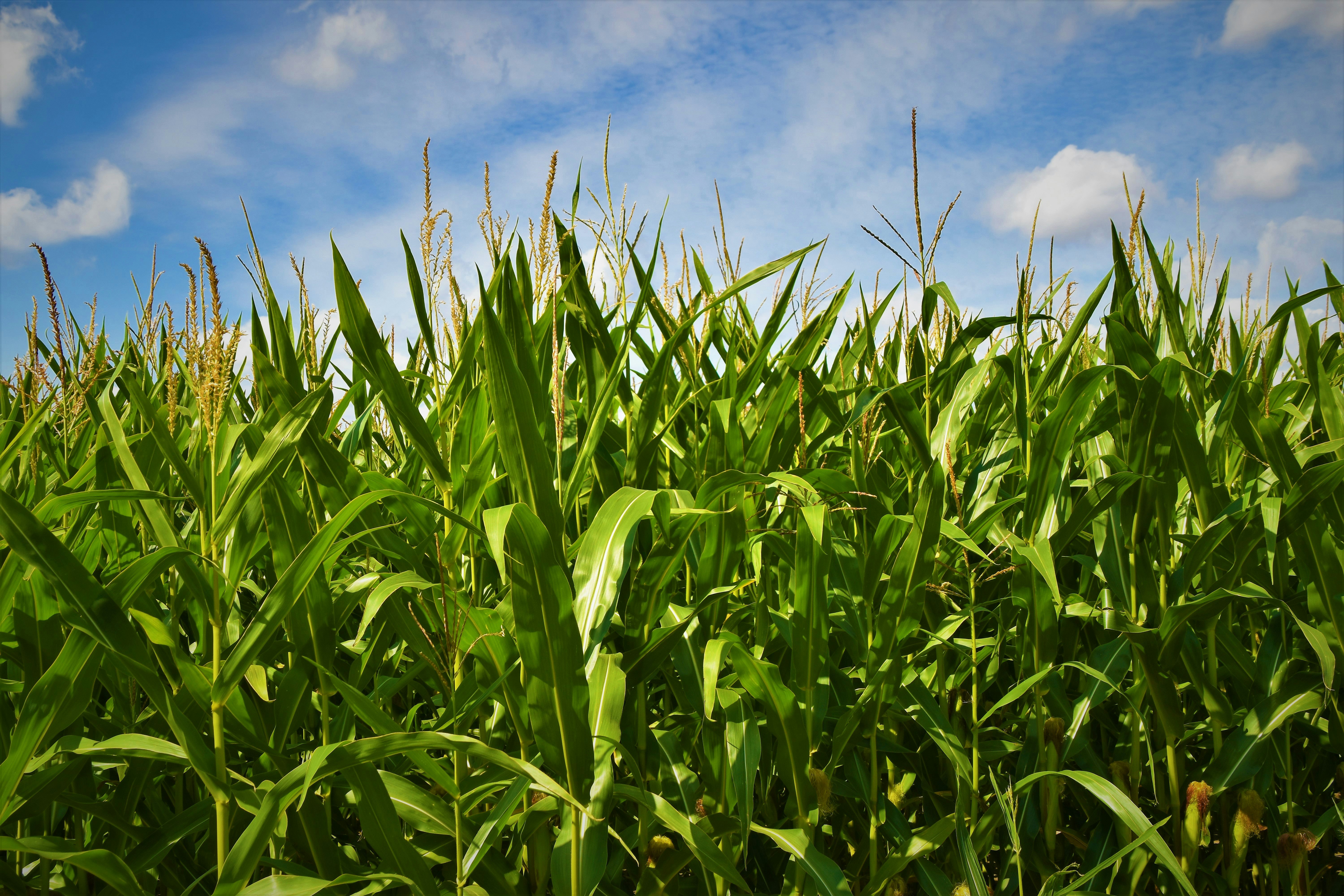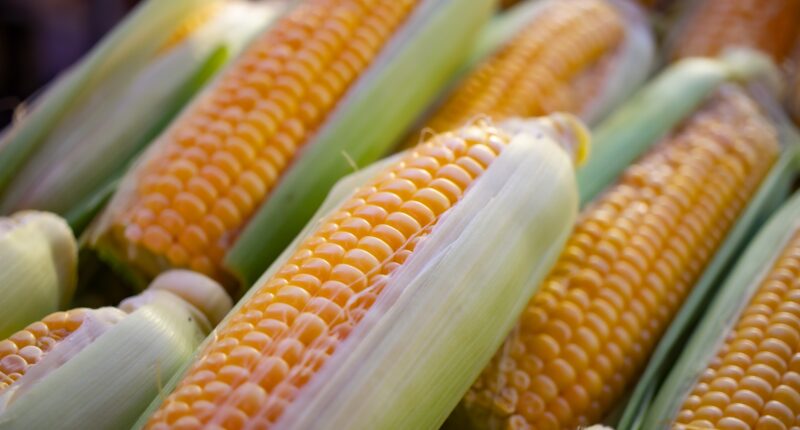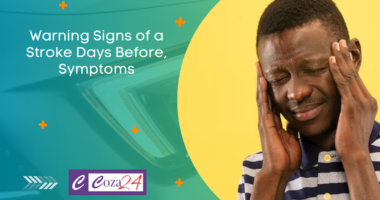Let’s a look at “corn nutrition” Corn is a starchy vegetable that is used in many different dishes. It is also a common food for animals.
Corn is yellow, white, or red in color and is kernels that are surrounded by a husk. The kernels can be eaten whole, or they can be ground into cornmeal or flour.
Table of Contents
Nutritional value of corn
Corn is a versatile and nutrient-rich food that provides a range of health benefits. It is a good source of fiber and vitamins, and it also contains a variety of phytonutrients that can promote health.
Corn is particularly rich in fiber, which can help to promote digestive health and prevent constipation. The soluble fiber in corn can also help to lower cholesterol levels and keep the heart healthy.

The vitamins and minerals in corn include thiamin, niacin, folate, and vitamin C. These nutrients are essential for good health, and they can help to boost the immune system, increase energy levels, and protect against disease.
The phytonutrients in corn include lutein, zeaxanthin, and beta-carotene. These substances have antioxidant properties that can help to protect the body against cell damage. They may also help to reduce the risk of some chronic diseases, such as cancer and heart disease.
The health benefits of corn
Corn is a versatile and nutritious food that can be enjoyed in many different ways. It is a good source of fiber and vitamins, and it can be a healthy addition to any diet. Corn is also low in fat and calories, making it a great choice for those who are trying to lose weight or maintain a healthy weight.
There are many different types of corn, and each type has its own unique nutritional benefits. For example, yellow corn is a good source of beta-carotene, which is an antioxidant that can help protect the body against disease. White corn is a good source of folate, which is important for pregnant women and helps to prevent birth defects.
- Corn can be eaten fresh, frozen, or canned. It can be used in recipes or simply enjoyed on its own. When shopping for corn, look for ears that are fresh and have bright green husks. Avoid ears that are dried out or have brown spots.
- Fresh corn is best when it is cooked soon after it is picked. To cook corn, simply remove the husks and silks and then boil or grill the ears until they are tender. Frozen corn can also be added to soups and stews, or used in casseroles and salads.
- Canned corn is a convenient option that can be used in recipes or simply enjoyed as a side dish.
- Corn is a healthy food that can be enjoyed in many different ways. It is a good source of fiber and vitamins, and it can help to protect the body against disease.
What are the disadvantages of eating corn?

There are a few disadvantages to eating corn. One is that it is a high glycemic food, which means it can cause spikes in blood sugar levels. This can be especially problematic for people with diabetes or who are trying to control their weight. Another potential downside of eating corn is that it may contain unhealthy fats and chemicals. Some brands of popcorn, for example, are high in trans fats. Finally, like any food, eating too much corn can lead to weight gain.
The different types of corn
There are many different types of corn, each with its own set of nutritional benefits. For example, yellow corn is a good source of carotenoids, while white corn is rich in antioxidants. Blue and purple corn varieties are especially high in anthocyanins, which have been shown to have numerous health benefits.
Is corn a vegetable or fruit?
Corn is a cereal grain that is classified as a fruit. It is the fruit of the grass species Zea mays. Corn is a popular food all over the world and it has many nutritional benefits.
Corn is a good source of fiber and it also contains vitamins and minerals such as vitamin C, thiamin, niacin, and folate. It is a low-fat food and it is also a good source of carbohydrates. Corn can be eaten fresh, frozen, or canned. It can be used to make cornmeal, corn flour, cornstarch, corn syrup, and ethanol.
Corn is a versatile food that can be used in many different recipes. It can be used as a side dish or as an ingredient in main dishes, soups, stews, and casseroles. Corn can also be popped and made into popcorn.
Is corn good for blood pressure?
When it comes to blood pressure, corn is a nutritional powerhouse. One cup of cooked corn provides about 27% of the recommended daily intake of fiber. That’s good news because fiber can help lower blood pressure by keeping cholesterol levels in check and promoting healthy digestion. Furthermore, the magnesium and potassium in corn can also help regulate blood pressure. So if you’re looking to keep your blood pressure in check, include corn in your diet.
Final Note
There are many nutritional benefits to corn, including being a good source of fiber, vitamins, and minerals. It’s also low in fat and calories, making it a healthy food choice for those watching their weight. Whether you enjoy it on its own or as part of a dish, corn is a nutritious food that can be enjoyed as part of a healthy diet.









